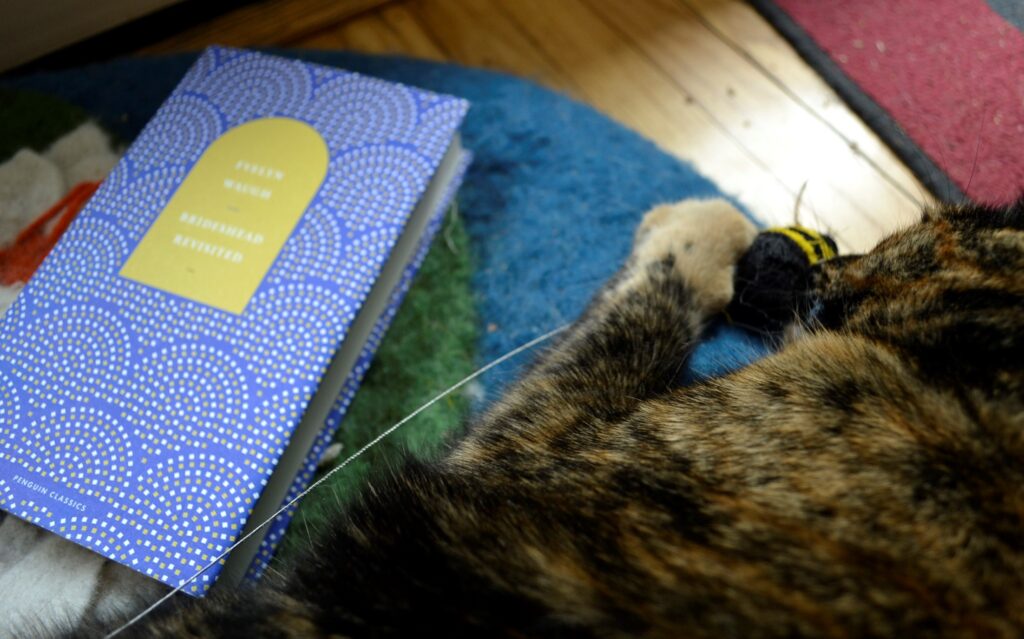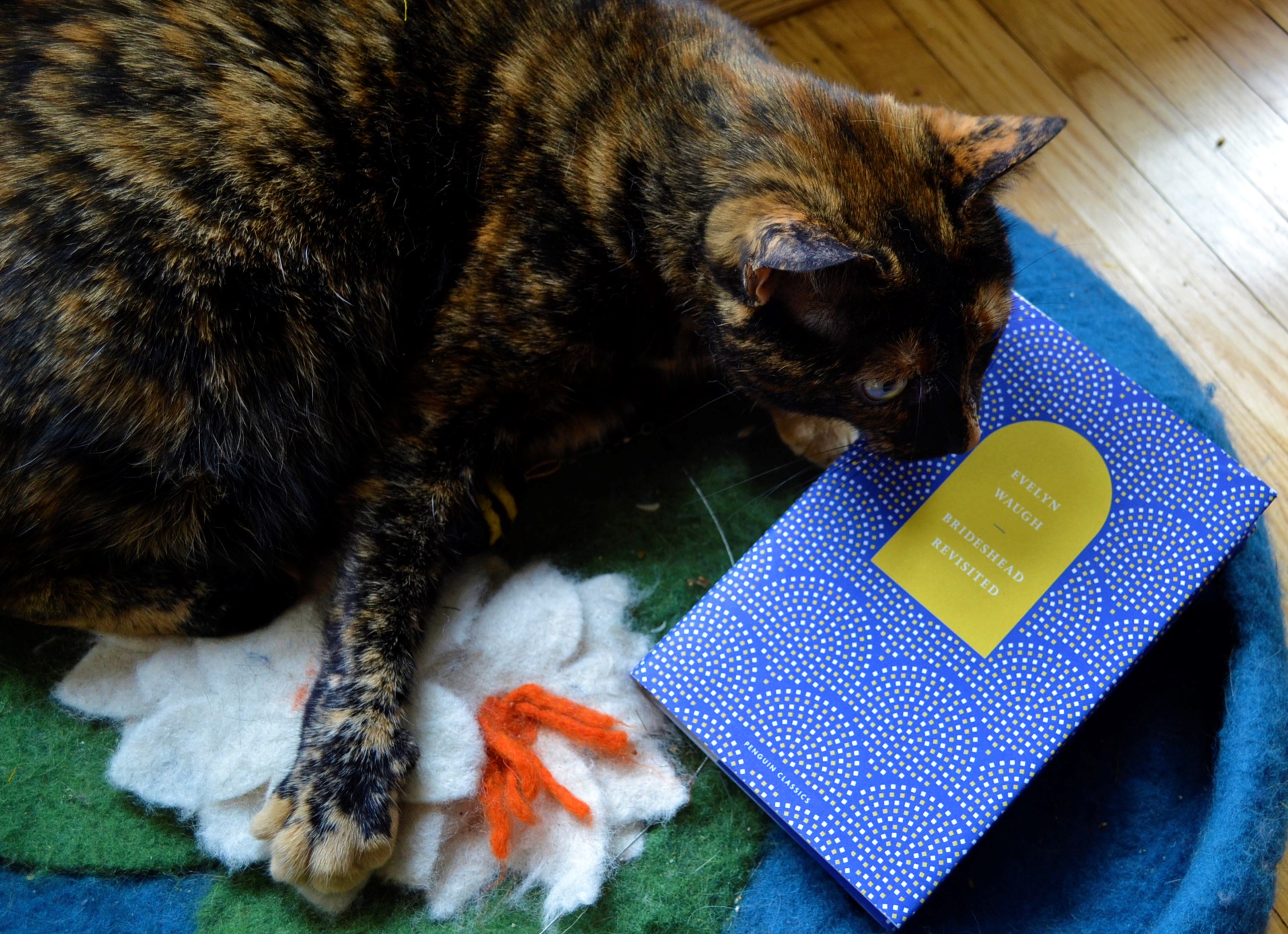Cats and Day Trips
It used to be that I was in the Edward Gorey camp of cat care. I liked that we could go somewhere for a couple of days and, as long as we left out enough food and water, I had faith that the cats would be okay on their own. But as the oldest girls have gotten older, I began to start worrying. And now that Wesker has a very important special diet and a chronic illness it’s a struggle for me to envision even a day far from home.
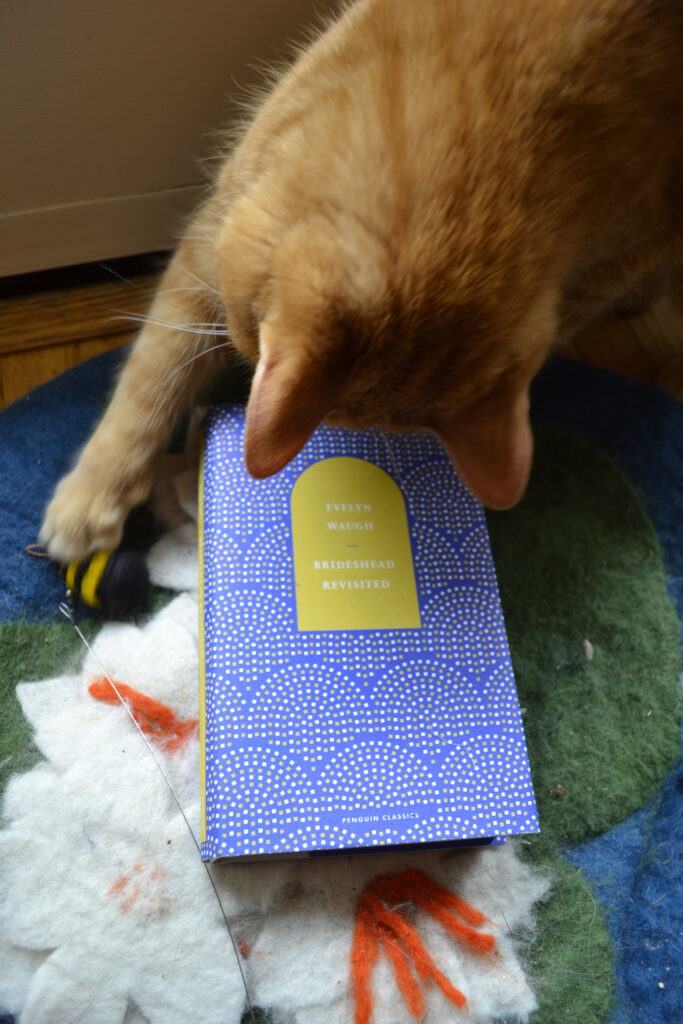
We recently went to the big city for a day and, while they were fine, Wesker did have an upset tummy the day after. She sometimes gets one just from stress, but every little blip in her daily life no matter how innocuous seems to have a new significance now. With pressure to spend longer away from home, it gets harder to reconcile myself with just assuming things are going to be okay.
I know that most of my ominous feelings are catastrophizing, but some of the milder ones have to do with us needing a different plan to accommodate changes of the last year. It feels scary to even think about doing that, but it will feel better when I actually face the problem instead of needlessly fearing change.
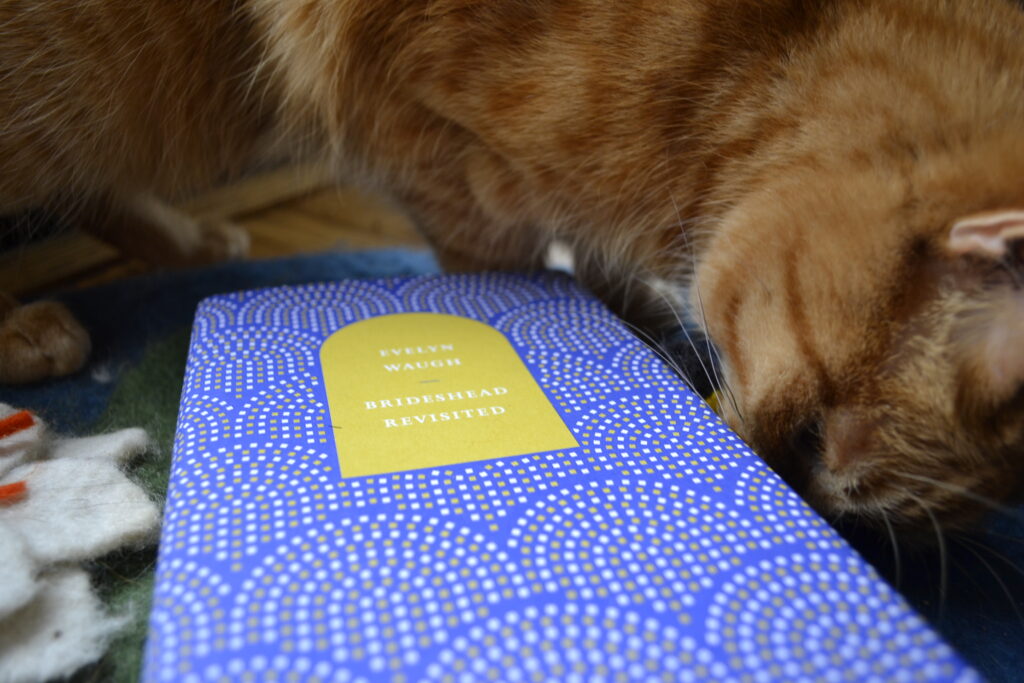
Class Disparity
I think what primarily draws people to Brideshead Revisited is its themes of decadence, ignorance, and privilege. Charles Ryder meets Sebastian Flyte in Oxford and is immediately drawn into his world of parties, booze, and dodging responsibilities. However, unlike Flyte, Ryder is more dependent on eventually building a career and not just living off of family wealth. As Flyte descends more and more into alcohol and gets farther and farther away from having any kind of future, Ryder reassesses who he is and what it means to be the upper crust in an England that is struggling to abandon ideas of nobility and birthright.
Waugh’s prose is great at conveying just the right amount of detail without overwhelming the reader with descriptions. His descriptions of Ryder and Sebastian are spectacular even if his characterizations of female characters often leave quite a bit to be desired.
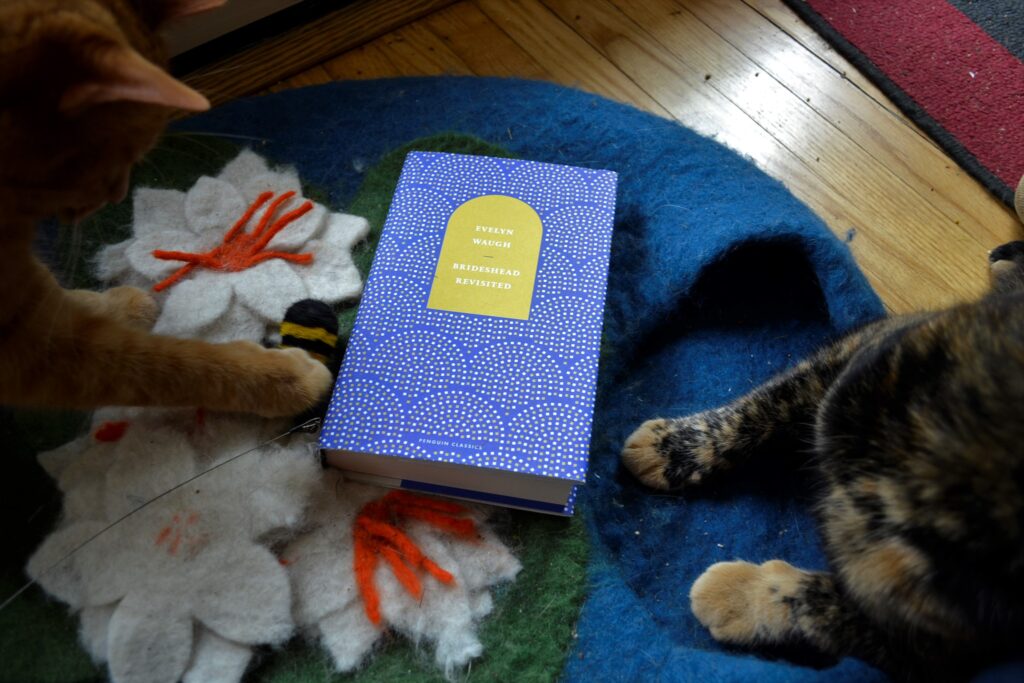
Family Dysfunction
The most profound and salient aspect of this novel is Sebastian Flyte and how utterly his family fails to hold him responsible for his actions or help him affect any real change in his life. They undermine his attempts at independence, they constantly keep him from living in a reality with real consequences for his actions, and they both treat him like a child and like an outsider. There is no honest discussion of his alcoholism. There is instead only the suffocating influence of his mother and the cold indifference of his siblings and his half-estranged father.
Waugh is illustrating the fact that family might not necessarily know what’s best for an individual. Especially not when they’re more concerned about appearances and their own foibles and problems. Sebastian becomes a problem instead of a son or a brother. No one is responsible for his horrible behaviour but him, however the family is responsible for treating him horribly and deciding not to deal with any of the problems he creates.
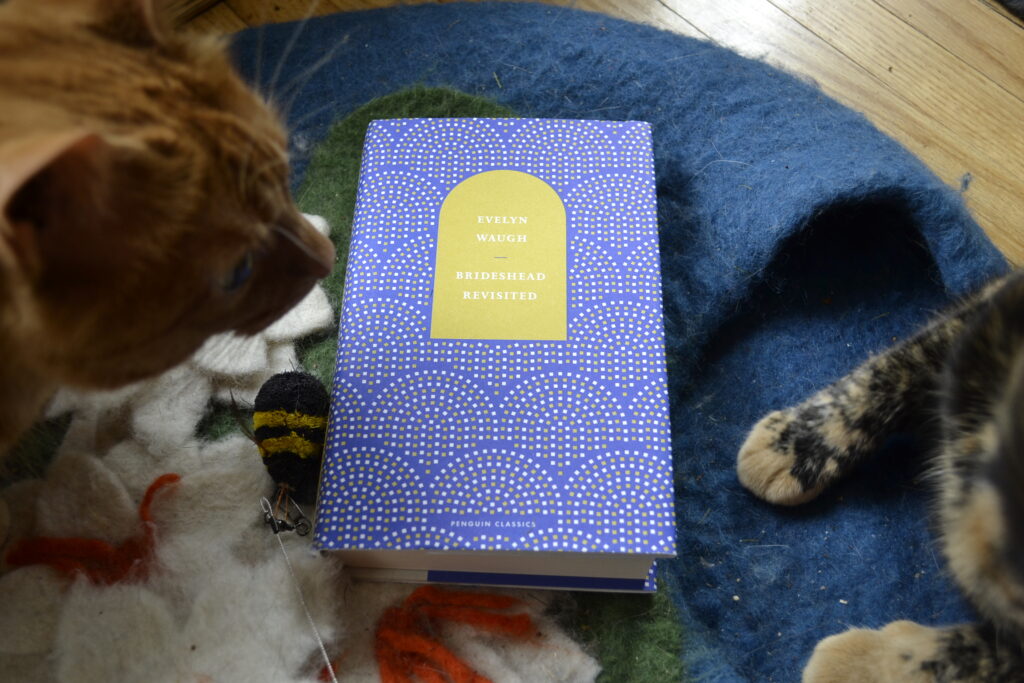
Influence of Religion
The Flyte family is Catholic and that fact is presented for the reader time and time again and it is a defining characteristic in terms of the family dynamic of the Flytes and how they interact with people outside the family.
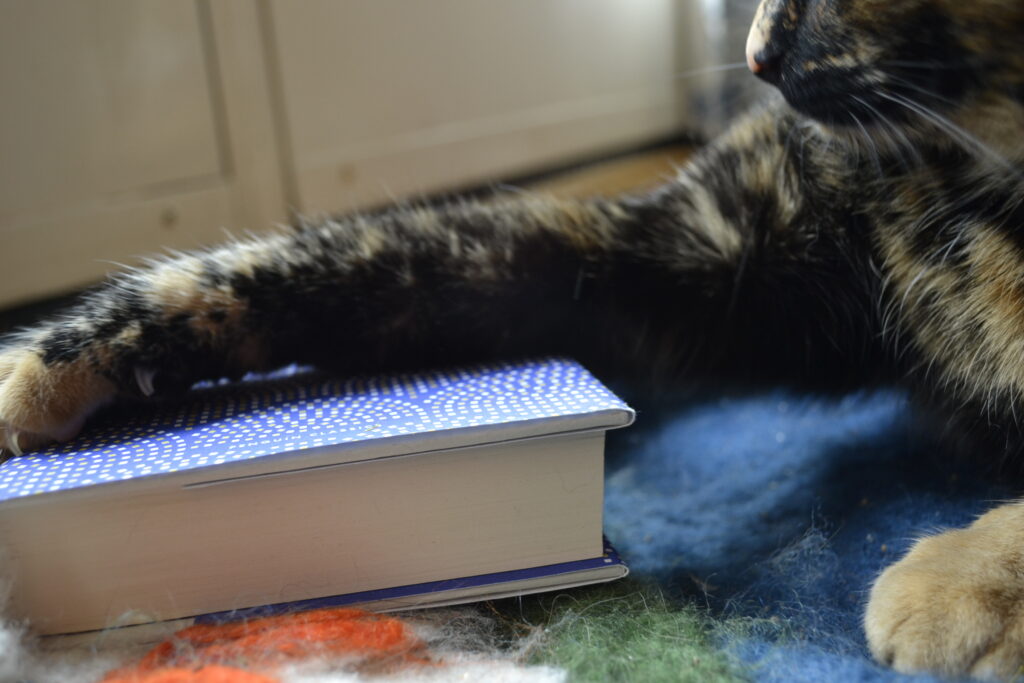
As much as I understand that Waugh is using this to intertwine with the family’s privilege and status in society, I find it an inclusion that limits the narrative. Especially when it comes to both Sebastian’s character and his sister Julia’s. As a modern reader, it felt almost like Julia was extraneous. Just the ‘female Sebastian’, only included as a way for Ryder to almost become a Flyte. When her character rises to prominence, the reader is wondering where Sebastian is. Why so much time was spent building up Sebastian when he effectively disappears from the middle of the narrative.
Additionally, Ryder seems far more drawn to Sebastian — lots of description, lots of romantic clichés that Waugh seems to have completely intended. It just seems odd that nothing comes of it. It’s jarring to a modern reader as well as asinine — like the narrative runs into a wall of religious and social bias that stops it dead. It’s frustrating, that’s for sure.
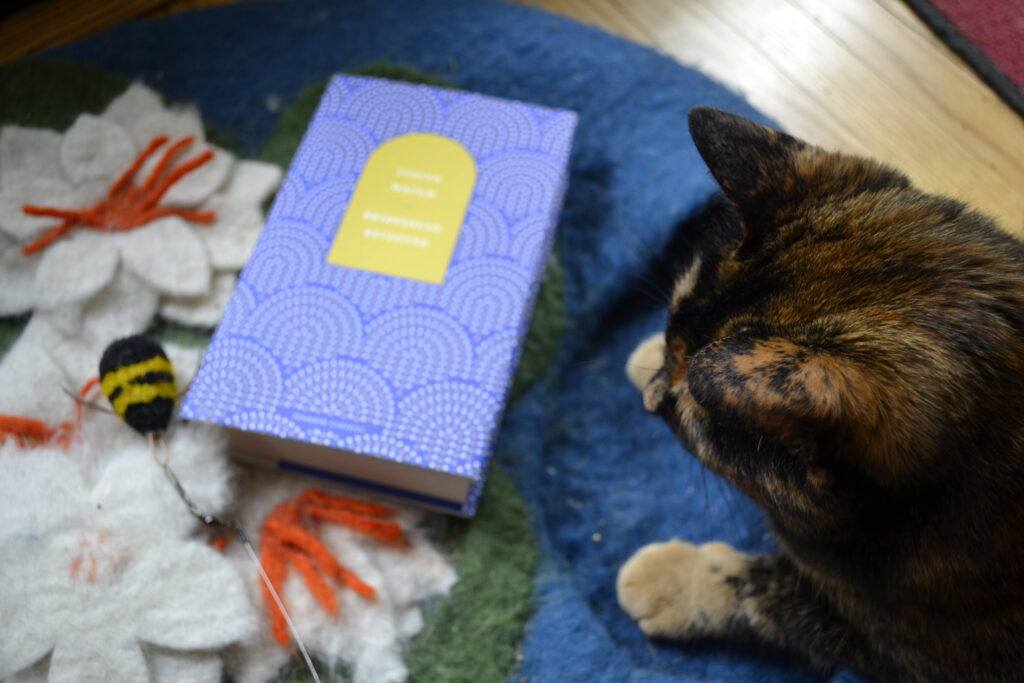
In conclusion, Brideshead Revisited is a compelling novel about the costs and destructive power of privilege and the fact that family dysfunction can be absolutely devastating to both family members and the individuals who know them. It’s worth reading despite a few issues that stuck in my craw.
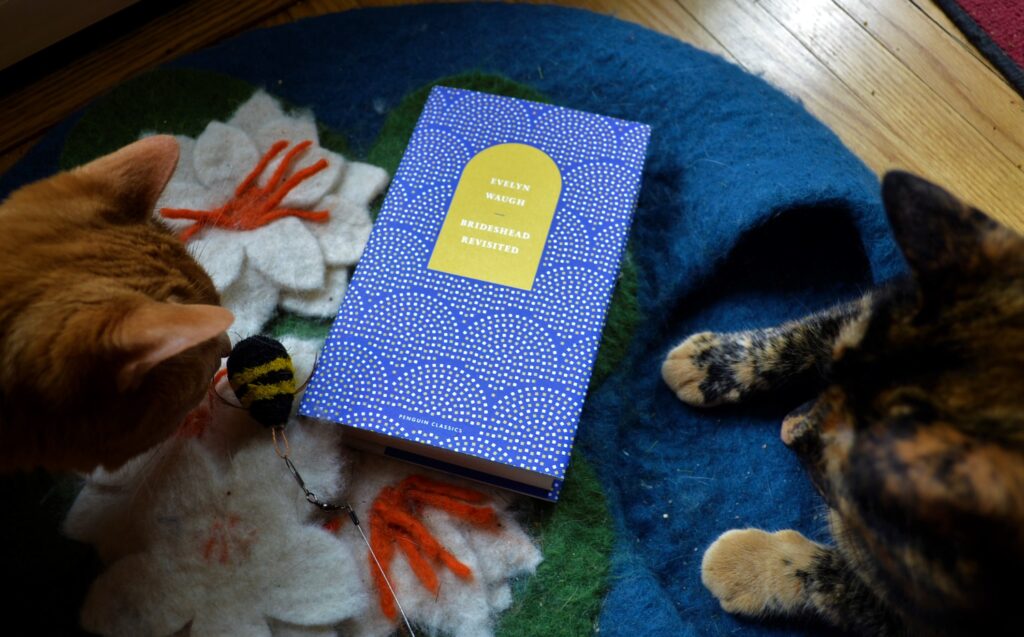
Practice Makes Perfect
Despite the very minor tummy upset, the day trip actually went well. We just need some practice. And the cats clearly need some practice when it comes to being on their own. The pandemic definitely spoiled them (especially Rusalka, the pandemic baby) when it comes to us constantly catering to their every whim. Yesterday, every single one of them was very cuddly, like they were afraid that we would leave the house again.
These are the times when I consider getting those very fancy cat cams, so we can check in on them. But then I would be checking on them constantly and it would be problem.
Yes, I am fully aware that the cats aren’t the only ones with separation issues.
